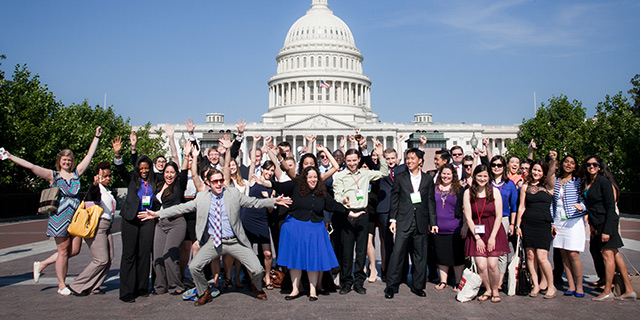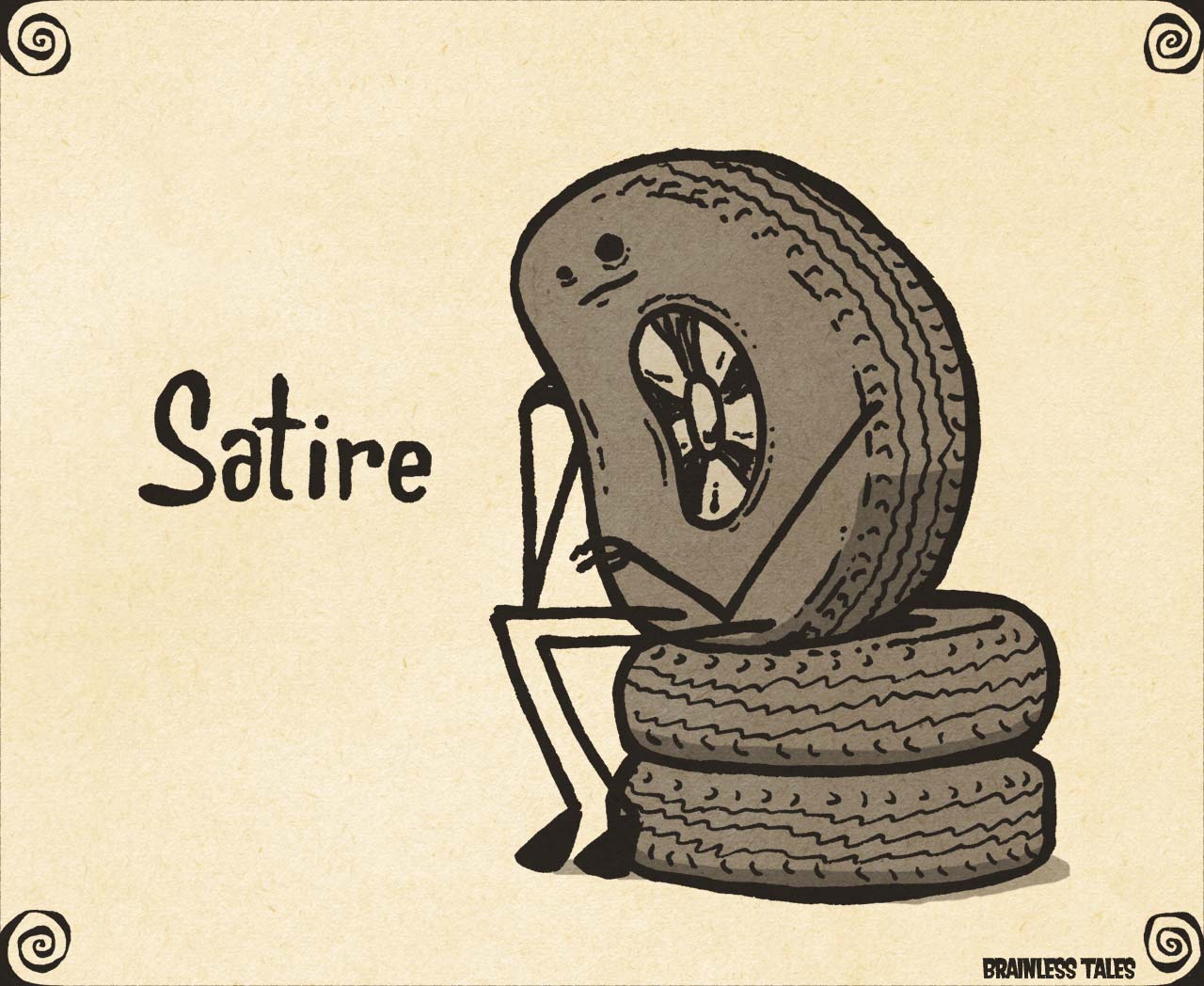Kendan Bendt
Reporter
The hosts of the fourth Democrat Primary Debate held on October 15th, CNN and the New York Times, were more interested in entertaining the voter base than educating them on how the candidates will move towards addressing important issues.
The format of the fourth debate was absolutely abysmal. In order to make room for twelve candidates, (which in and of itself was a mistake, considering only five of the twelve are polling above five percent on average, with seven candidates polling above two percent) opening statements were completely erased for “time concerns.”
In reality, those time concerns were merely about keeping up appearances of fairness, when only three candidates, Joe Biden, Elizabeth Warren, and Bernie Sanders, have polled consistently above 10% since the start of the primaries. Even disregarding the rest of the atrocious format, opening statements are an important way to set the tone and establish the relevant issues for each candidate. This is even more important when you’re allowing people like Tom Steyer on your debate stage (who is he, again?).
Regarding the rest of the debate format: it was astoundingly awful. The main criticism of these kind of events is that they emphasize short blurbs and entertaining but valueless attacks on other candidates over thought out policy consideration (“Senator, you’re no Jack Kennedy,” anyone?), and that is precisely what this format was set up for.
Each candidate only had 75 seconds to answer a question directed at them, 45 seconds for responses or rebuttals to other candidates, and 15 seconds for further responses on a continued topic. This format is a joke. There is no conceivable way that these candidates could have maneuvered anything of substance out of their time lest they be given the majority of the debate space to say their piece.
This seemingly was the strategy for Senator Warren, who unfortunately used her 22 minutes (the most of any debater by 4 minutes, and 15 more minutes than the candidate with the least time, Tom Steyer) to say very little. She spent a lot of her time defending herself to Senator Amy Klobuchar, who spent her 13 minutes attacking everyone else onstage.
Elsewhere, she spent a lot of time dodging questions (for example, how she is going to pay for her expansive government programs, or the issue of automation eradicating jobs) with platitudes and generalities, which the moderators and other debaters called her out on. For someone who looked to move into the frontrunner position after recent strong polling, her disappointing performance was the perfect metaphor for the entire evening.


















